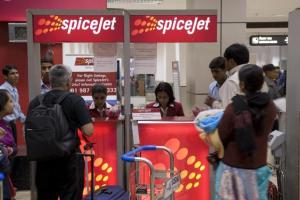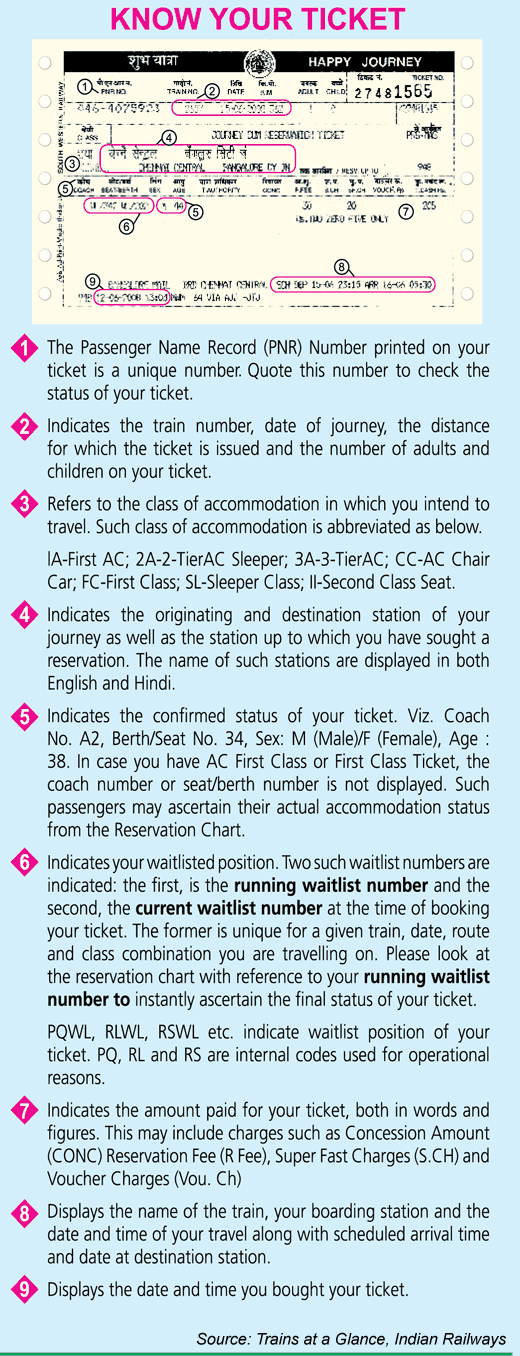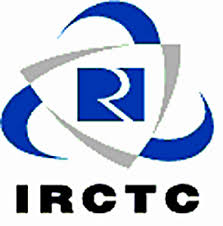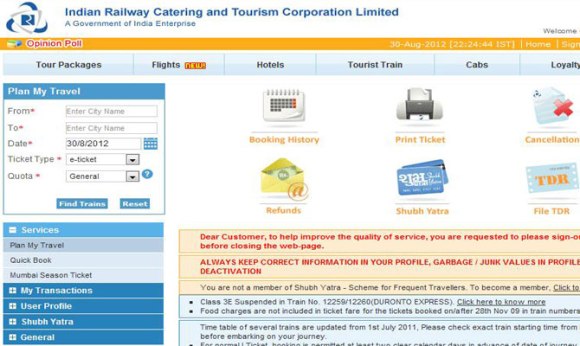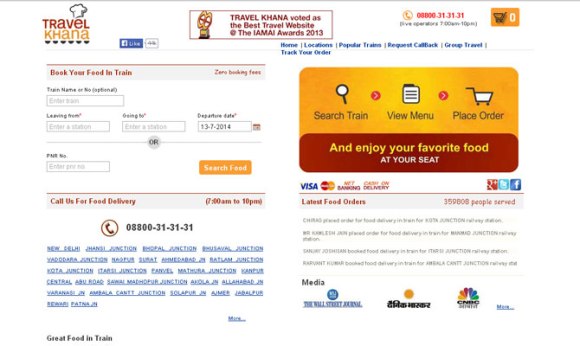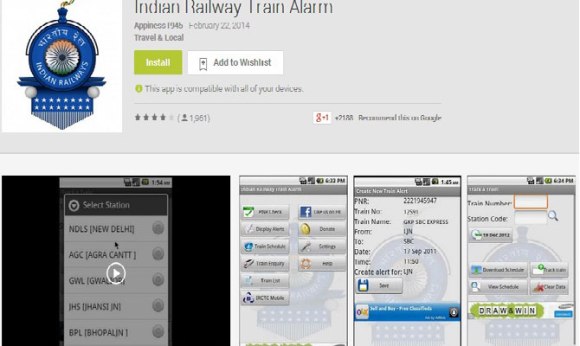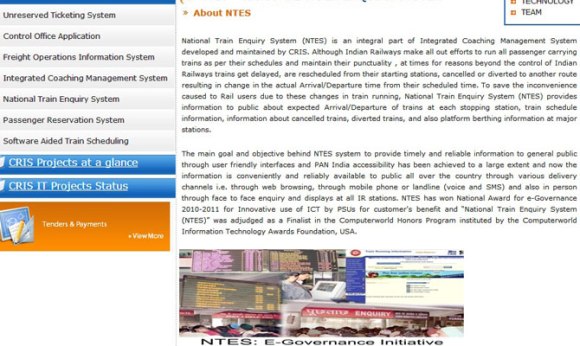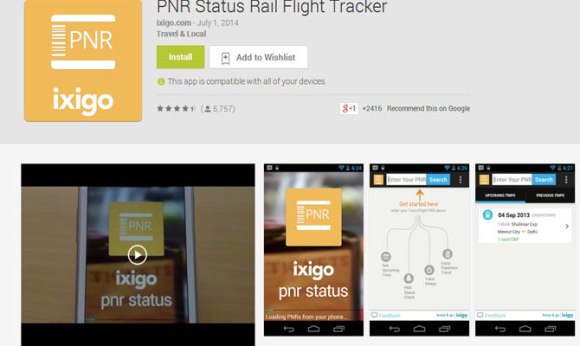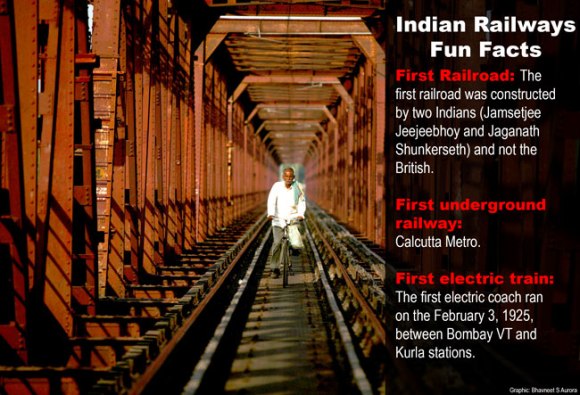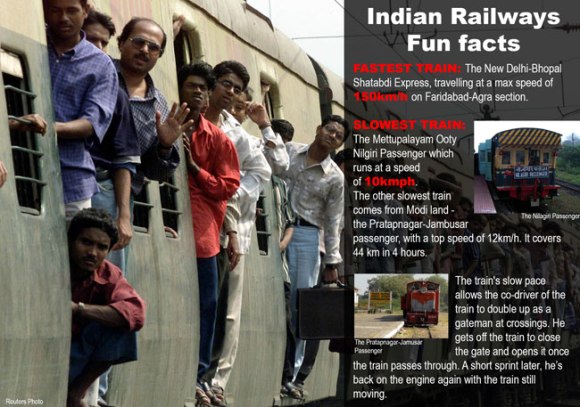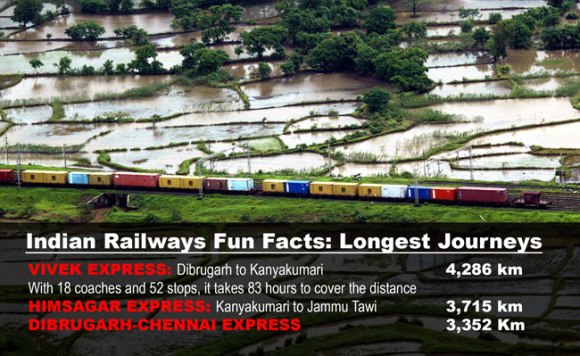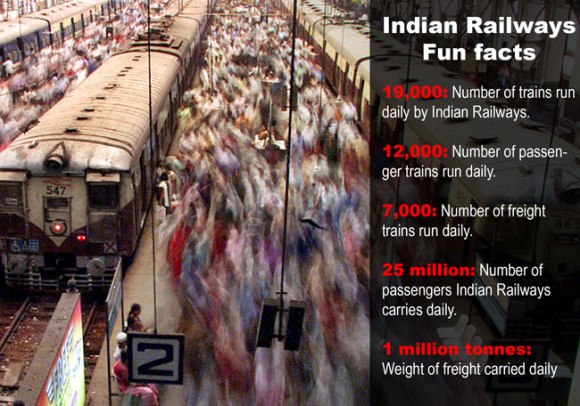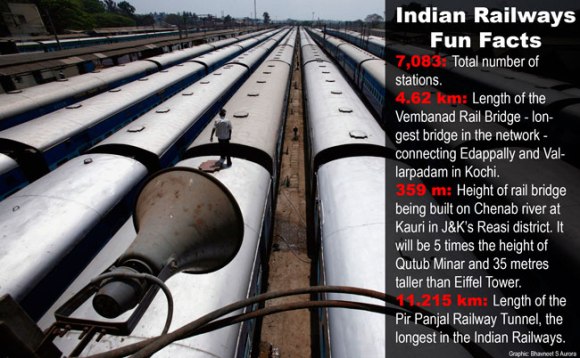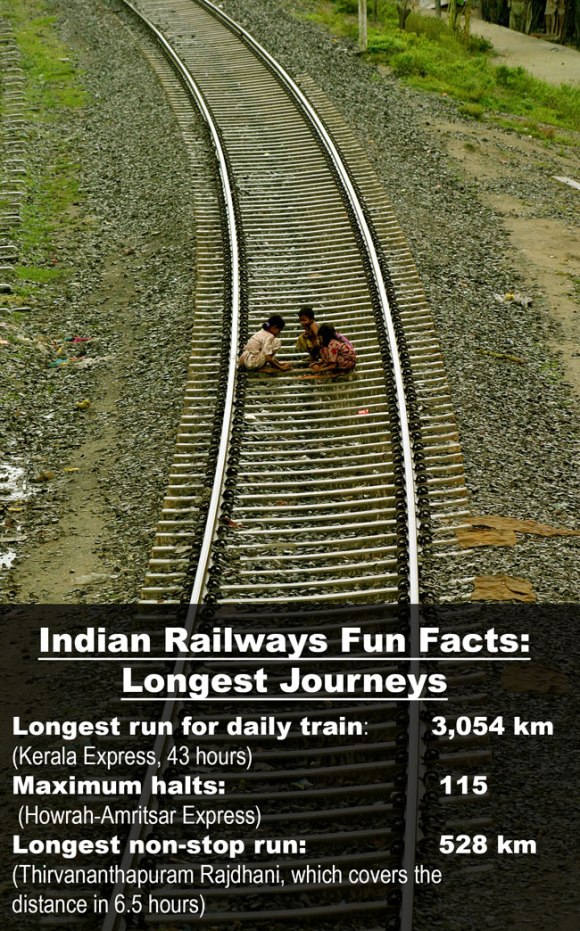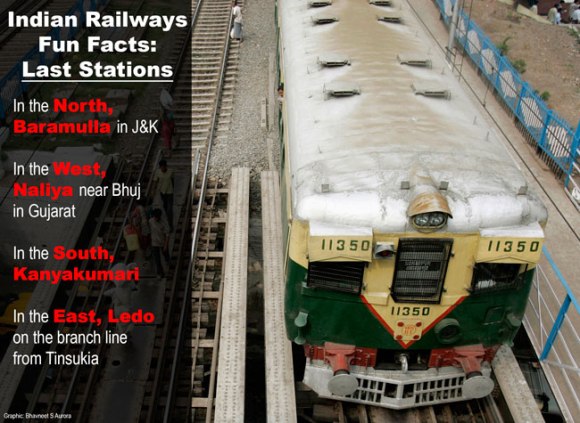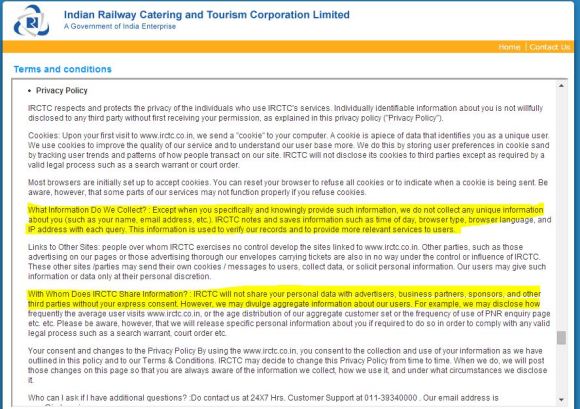What triggers a flash sale?
Airline seats are the ultimate perishable commodity: once the aircraft departs, the empty seat’s revenue is lost forever; the seat cannot be put into inventory, like a bar of soap, for example, to sell another day. An airline cannot easily change the size of the aircraft (its production unit) based on demand. Switching off the production line for airlines essentially means cancelling flights for commercial reasons, which is not a good practice. Therefore, airlines are constrained in what they can do to manage capacity and match it to demand. This prompts the creation of complex revenue and inventory management systems, and the use of tools such as flash sales. These ensure fewer units produced in a fixed production line go unsold.
Are flash sales offered to generate working capital for airlines?
Perhaps, but not always. Stimulating fares are an international practice. There is, of course, a school of thought that airlines, like any other industry, are selling products (tickets) to generate revenues, which are then used to pay bills. “When budget airlines abroad do it… it is okay, but it’s not okay if a low-fare airline brings this approach to India? Regardless of the cost position in India (which is high), these advance purchase sales generate incremental revenues, therefore are a positive and help defray more of the costs,” said an executive from a low-fare airline who did not want to be identified. That said, flash sales by some of India’s cash-strapped airlines seem driven by a desire to raise working capital.
How does a flash sale work?
Flash sales essentially work to stimulate demand and fill seats that might otherwise go empty and be lost forever. Even in a peak season, airlines fly with 10-20% of their seats empty. Simply lowering fares across the board to fill seats is not the answer, as this would reduce revenue per aircraft and for every seat in the aircraft. Flash sales are decided by aircraft capacity and structured to minimize dilution of revenue for seats that could be sold later at a higher price to less price-sensitive customers. The goal is to sell excess seats at a marginal cost, without reducing the demand for, and fare received, on the remaining seats that would sell later, anyway. Properly done, these sales increase revenue per aircraft and revenue per available seat-km (RASK), which is also an indicator of the airline’s profitability. It is a simple application of the economic theory of customer segmentation through price discrimination. These schemes are highly restrictive and, therefore, not attractive to those who value flexibility. But they are designed to be attractive to those who may not have made that booking otherwise.
Do flash sales work?
If managed efficiently without revenue dilution, these stimulation techniques actually increase revenue. Before such techniques were perfected, airlines used to sell discounted tickets without proper inventory control, advance purchase requirements or restrictions, making them counter-productive and diluting revenues. But if the inventory is controlled, flash sales not only sell the discounted tickets on offer, but also increase the sale of tickets which are not discounted. For example, if discounted tickets sell out in one direction of a two-way trip, the customer typically buys one leg at the regular fare and the other at the discounted fare. The customer also buys in-flight meals and goods, adding to revenue. So, flash sales help sell more than just the discounted tickets. “Airlines have always looked to increase the advance purchase sales and make the booking curve healthier towards the end. The recent flash sales have shown a 65% surge in advance purchase bookings,” says Samyukth Sridharan, chief operating officer at Cleartrip Pvt. Ltd, an online travel agent. In other words, there is no cut-throat competition among airlines.
Any other benefits?
Free advertising! Newspapers, television channels and social media lap up news about flash sales. The free advertising impact of such sales is huge. For low-fare airlines worldwide, such sales are excellent marketing. It gets more people to visit the airline’s website and possibly buy tickets. “Another interesting angle is the advent of new bookers, and again reiterates the huge opportunities that exist to get people to experience the air travel experience,” Sridharan of Cleartrip says. His firm saw over 24% of new customers making their first purchase during these flash sales. “Stimulating advance purchase works on various grounds. Firstly, the opportunity to tap the large leisure segment of customers, which is a strategically important customer segment for airlines. Secondly, it helps airlines get predictable loads on their flights well in advance,” Sridharan adds.
Do flash sales push up regular fares?
A typical airline ticket in India is sold below cost. RASK in India is among the lowest in the world. According to airline executives, fares closer to the date of travel, especially within seven days of travel, are almost absurdly low. An almost two-hour flight at the last minute, say Mumbai-Delhi, costs less than $200 one-way in India. It would be much higher anywhere else in the world, sometimes by up to three or four times. Customers who book at the last minute tend to be less price-sensitive and do not mind paying more, to an extent. Airlines generally do not stimulate demand for those willing to book early and willing to accept restrictions in exchange for lower fares. On the other hand, they may not have done enough to leverage customers who do not mind paying more for last- minute availability, flexibility, and convenience. So, yes, fares may go up for last-minute bookings.
Why only low-fare airlines and not full-service airlines?
There are two different business models at play—full-service airlines and low-fare airlines—and a “one-size-fits-all” approach does not work. They need different pricing strategies. Full-service airlines want to keep more inventory available for higher-value last-minute sales, which is their core: corporate travel. Budget airlines sell less at the last minute; so, they do not want excess inventory left over. Discounting at the last minute is the worst thing an airline, regardless of the business model, can do as it just leaves money at the table and benefits those who would have paid more any way. In general, budget airlines all over the world want to get rid of excess inventory early. In India, budget airline executives allege that full-service airlines constantly discount and undercut others at the last minute, the opposite of what they should be doing. This, they say, damages both, as there is no need to discount like this at the last minute when customers are least price sensitive. Interestingly, India’s full-service airlines have followed flash sales by low-cost airlines with price-led promotional offers of their own.
Which are the craziest flash sales?
Several budget airlines, including AirAsia, have given millions of seats away for free. SpiceJet had a Rs.1 sale. These may appear crazy, but there is a method in the madness. Even under such schemes, the whole aircraft is not discounted. Airlines selectively sell seats which, in their calculation, would otherwise go empty. Those who book early get the cheapest tickets. Others get tickets too, but not at the flash-sale price. For an airline, what is crazy, though, is selling deeply discounted tickets at the last minute during peak season.
How are current flash sales different from those in the past?
Full-service airline executives claim budget airlines conduct fire sales to get working capital and that they are no different from the past. But the flash-sellers differ. An executive from another low-fare airline said, “I believe they (flash sales) are better planned and fenced now. Let me tell you what I find curious. On the one hand, airlines in India are accused of being a cartel. But when an airline does something different in terms of pricing, the same people say it is ruining things for other airlines, and question you if other airlines do not follow.” What is required, cartels or free competition, he asks. “Same pricing across all airlines, or airlines that actually price differently based on their business models and strategies?”
Can we expect more flash sales?
Of course. With increased competition, passengers can expect more such sales. Travel agents confirm that passengers are seeing savings of an average 30-40%. In some cases, flash sales have resulted in savings as high as 75%. Flash sales are an ongoing activity for budget airlines. Besides, AirAsia India has started flying and Tata-SIA will follow. More offers are on the way.
